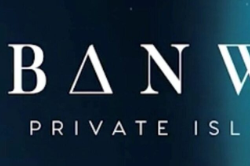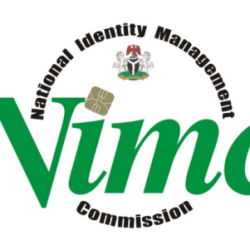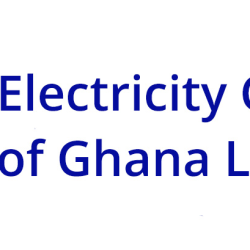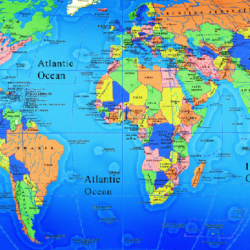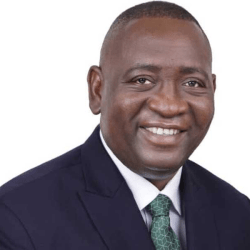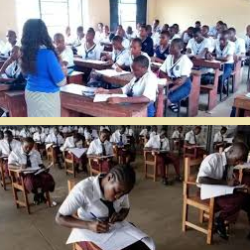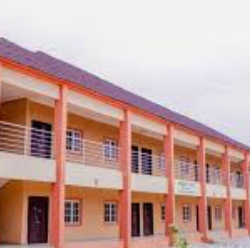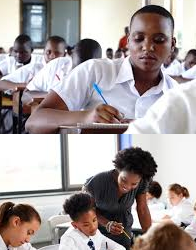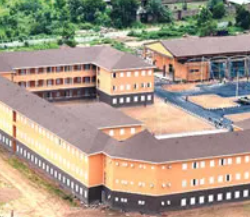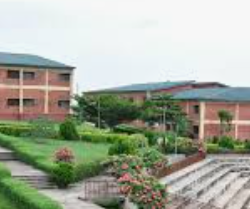Here is a breakdown of the top 16 most expensive secondary schools in Nigeria based on their annual fees:

- Grange School, Lagos – ₦4.5 million
- British International School, Lagos – ₦4.48 million
- Lekki British International High School, Lagos – ₦4 million
- Day Waterman College, Abeokuta – ₦3.7 million
- Whiteplains British School, Abuja – ₦3.6 million
- Greensprings School, Lagos – ₦3.185 million
- Meadow Hall, Lagos – ₦3 million
- Loyola Jesuit, Abuja – ₦2.8 million
- Hillcrest School, Jos – ₦2.65 million
- Corona Secondary School, Agbara – ₦2.55 million
- Atlantic Hall, Epe, Lagos – ₦2.27 million
- Chrisland College, Ikeja – ₦2 million
- Dowen College, Lagos – ₦2 million
- International Community School, Abuja – ₦1.9 million
- Nigerian Turkish International College, Abuja – ₦1.6 million
- Lead British International School, Abuja – ₦1.5 million
Insights Beyond the Numbers
Despite these schools’ luxurious facilities and high fees, it’s important to note that expensive education does not automatically translate into academic success. Based on available reports from prominent Nigerian academic institutions like WAEC, JAMB, and other external examination boards, none of the students from these schools have:
- Achieved the top position in WAEC or JAMB.
- Earned a first-class degree in Nigerian universities.
- Gained significant global academic recognition through entrance exams for external universities.
A Message to Parents
Parents, while prestigious schools offer advanced resources and often boast premium environments, it’s critical to understand that success isn’t guaranteed by the amount spent on education. Some of Nigeria’s most accomplished figures, like Chinua Achebe, Wole Soyinka, Philip Emeagwali, Ngozi Okonjo-Iweala, and Dora Akunyili, didn’t come from expensive schools but achieved global recognition through their diligence and talents.
Ultimately, what matters most is nurturing a child’s inner potential, focusing on values, ethics, and academic diligence—not solely the school fees.
